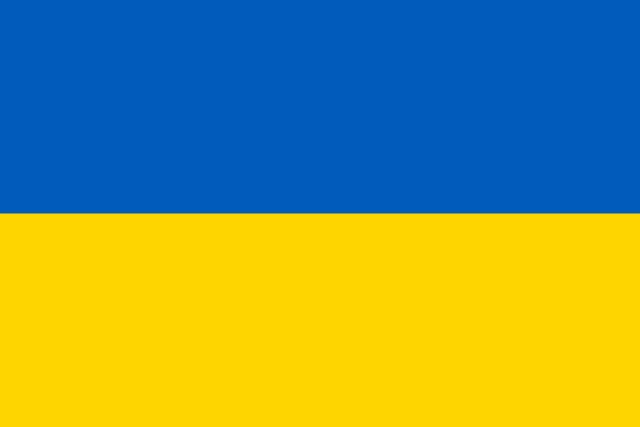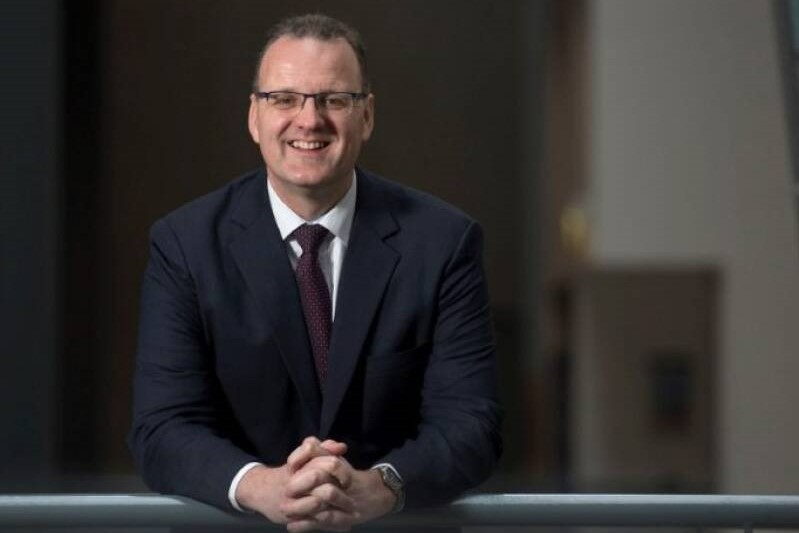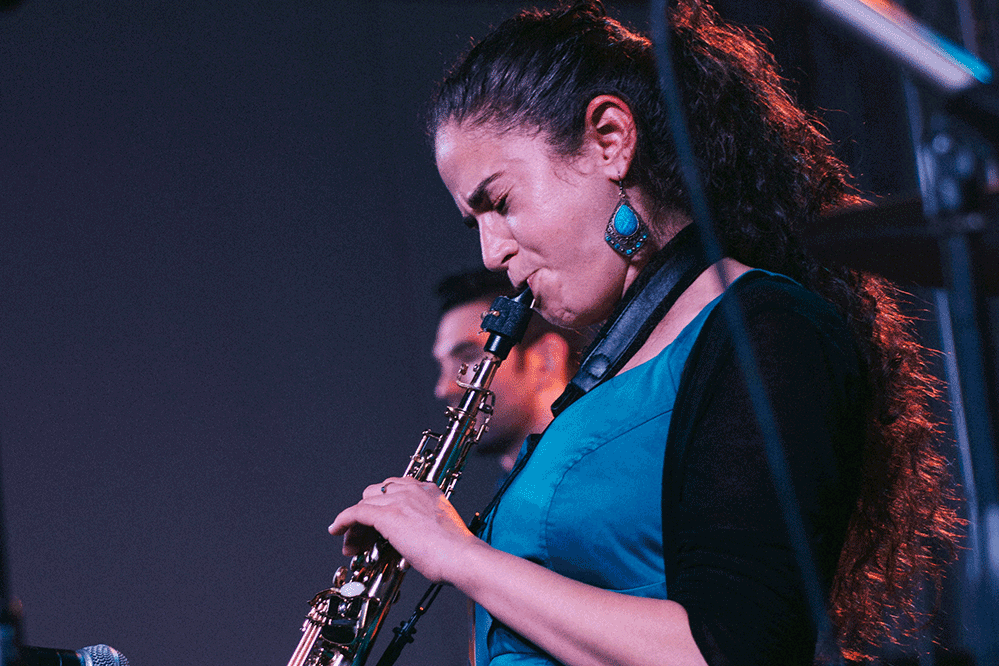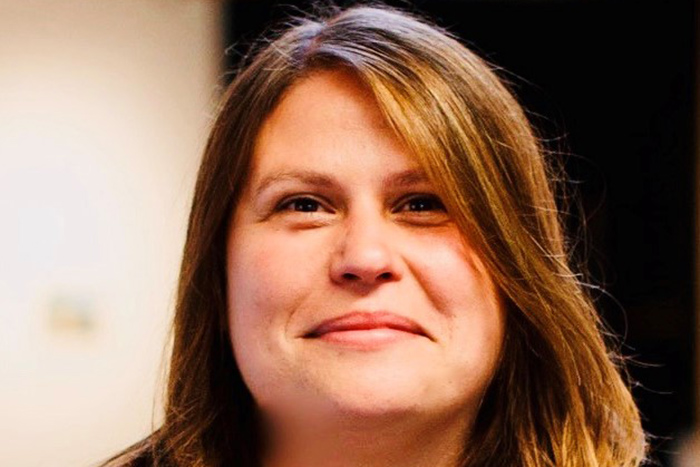From Gemma Blackman | Centre for the Study of Higher Education
Universities have a responsibility to serve their societies and communities through access to education, resources, expertise, and consultancy. Yet within a hypercompetitive global higher education sector that champions internationalisation, local needs can be neglected or deprioritised. This series of seminars from the Centre for the Study of Higher Education (CSHE) showcases a range of projects exploring higher education institutions’ civic responsibilities towards their wider societies and communities.
Becoming a University of Sanctuary: Lessons from the University of South Wales
9th March 2022 – 15:00-17:00 GMT
Venue: Online – Microsoft Teams
Sign up via Eventbrite.
The University of Sanctuary movement is a national network of university staff, lecturers, academics and students working to make Higher Education institutions places of safety, solidarity and empowerment for people seeking sanctuary. University of Sanctuary status is awarded to institutions that can demonstrate their commitment to creating a culture of welcome for people seeking sanctuary within, and beyond, their campuses. In this seminar, Dr Cath Camps will reflect on the University of South Wales’ journey towards University of Sanctuary status, and outline number of associated ventures and initiatives at USW that are helping people displaced by war or persecution. Attendees are invited to join in discussions concerning the University of Kent’s own application for University of Sanctuary status, planned for 2023.
With Dr Cath Camps, Deputy Director of the Centre for the Enhancement of Learning and Teaching at University of South Wales.
For more details, see here.
Please note: this seminar is only open to University of Kent staff and students.
Reimagining Women Leadership Through Inclusive Community Engagement: Higher Education Resource Services – East Africa (HERS-EA)
23rd March 2022 – 13:00-14:00 GMT
Venue: Online – Microsoft Teams
Sign up via Eventbrite.
Higher Education Resource Services -East Africa (HERS-EA) is a women-centred leadership program for women in 7 African countries: Burundi, Ethiopia, Kenya, Rwanda, South Sudan, Uganda, and Tanzania. In this seminar, the founders will outline how low-resource, engaged scholarship has mobilised researchers in Higher Education to engage with women-specific issues in the community and produce publishable manuscripts, for the benefit of researchers, communities, and policy makers.
With Naomi Lumutenga, mobiliser, activist and public speaker; and Prof. Margaret Khaitsa, Professor of Veterinary Epidemiology, College of Veterinary Medicine, Mississippi State University, USA.
For more details, see here.
Problematizing dominant research commitments in Northern Ireland: Underserved local minority ethnic and migrant peoples
11th May 2022 – 13:00-14:00 BST
Venue: Online – Microsoft Teams
Sign up via Eventbrite.
In this research seminar, two academic citizens in Northern Ireland will share and reflect on their recent work with a newly formed think tank, the Migrant and Minority Ethnic Council (MME) and problematize the dominant research commitment of Northern Ireland research-intensive universities which underserve local minority ethnic and migrant peoples. They will share stories and insights from their different perspectives, professional positions, social locations and realms of influence. Their praxes are underpinned by a concern for how universities serve the local good, and the aim of raise consciousness about the (re)productions of inequality, marginalisation, and methodological nationalism and whiteness by UK universities.
With Dr Dina Zoe Belluigi, Senior Lecturer at Queen’s University Belfast; and Dr Maurice Macartney, Public Affairs and Campaigns Office at Queen’s University Belfast.
For more details, see here.








